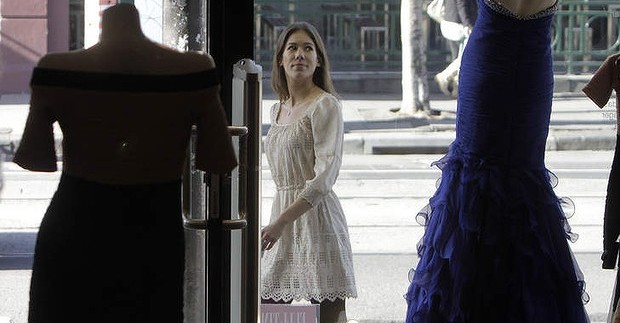How big retailers can white-ant small suppliers with misleading marketing

Misleading claims by big retailers, including supermarket giants Coles and Woolworths, have been the main source of complaints from the small business sector.
The Australian Competition and Consumer Commission’s report found misleading conduct and false representations are the biggest issues for small business, with more than 1500 complaints in the 2013-14 financial year, up from 1039 last year.
These were followed by complaints about consumer guarantees; there were more than 900 in 2013-14, up from 373 the year before. Small business complaints about big retailers’ misuse of market power also rose, with 161 claims in 2013-14, up from 97 a year ago.
“Small businesses often rely on a unique selling point to compete,” ACCC deputy chairman Michael Schaper said, releasing the report at the COSBOA National Small Business Summit in Melbourne on Friday. “If a large business presents a product as having a feature that it doesn’t, this can harm small businesses.”
Fuel discounts, bread in firing line
The ACCC initiated a number of cases against Coles and Woolworths over the past financial year, including one in which the Federal Court found that Woolworths breached a court-enforceable undertaking when it offered consumers a 4¢-plus-4¢ cent fuel discount offer, conditional on Woolworths supermarket purchases.
The Federal Court found this deal breached an undertaking entered into by Coles and Woolworths in December last year that stipulated the supermarkets would limit fuel discounts linked to supermarket purchases to no more than 4¢ per litre.
The ACCC also instituted proceedings in the Federal Court against Coles, alleging that the supermarket’s Active Retail Collaboration program – developed in 2011 – amounted to unconscionable conduct. It alleged Coles used standover tactics to extract $16 million of rebates from 200 small suppliers.
If small suppliers declined to agree to pay the rebate, Coles staff were allegedly instructed to escalate the matter to more senior staff, and to threaten commercial consequences.
The ACCC also took action against Coles for claims that its “Cuisine Royal” and “Coles Bakery” bread was “Baked Today, Sold Today” and “Freshly Baked In-Store”. The Federal Court found that these claims were false, misleading and deceptive as the bread products were baked offsite and frozen, and “finished” at in-store bakeries.
During the first six months of this year, there were more than 300,000 views of the ACCC’s business webpages, and over 6000 users of the ACCC’s three free online education programs for small businesses, tertiary students and prospective franchisees.
*Original Article by Nassim Khadem: http://www.brw.com.au/p/business/marketing_big_retailers_can_white_W8BIoFubaIruv0hlDmetyL

